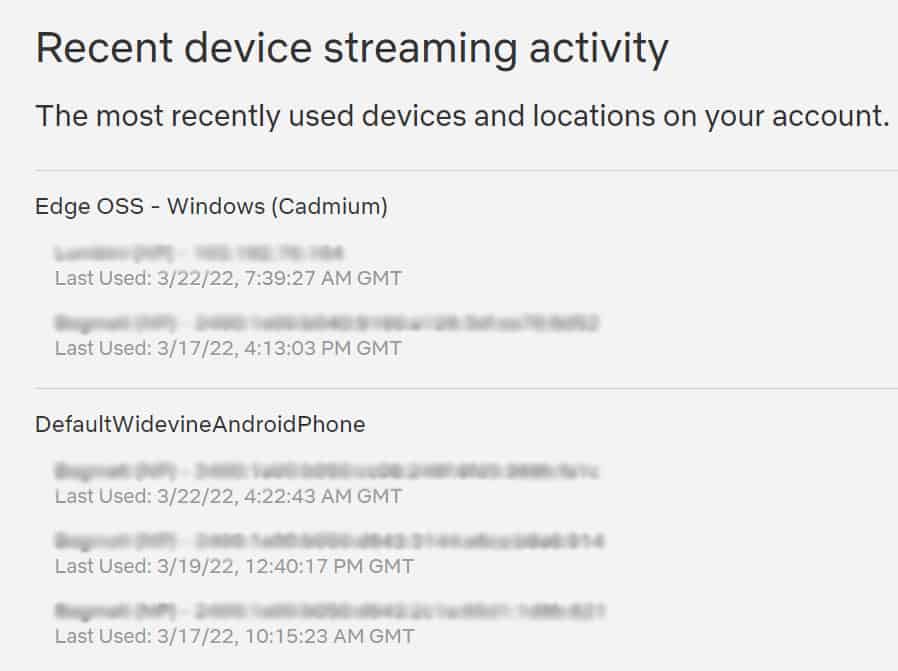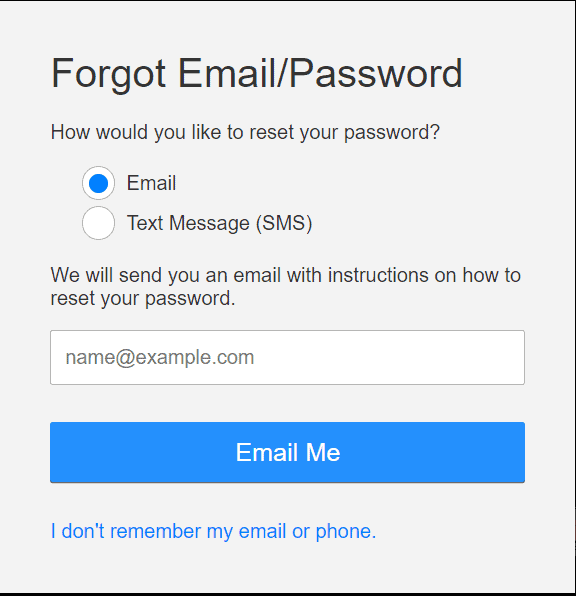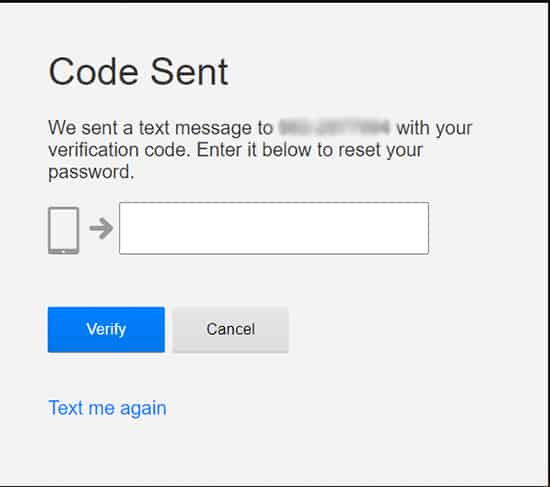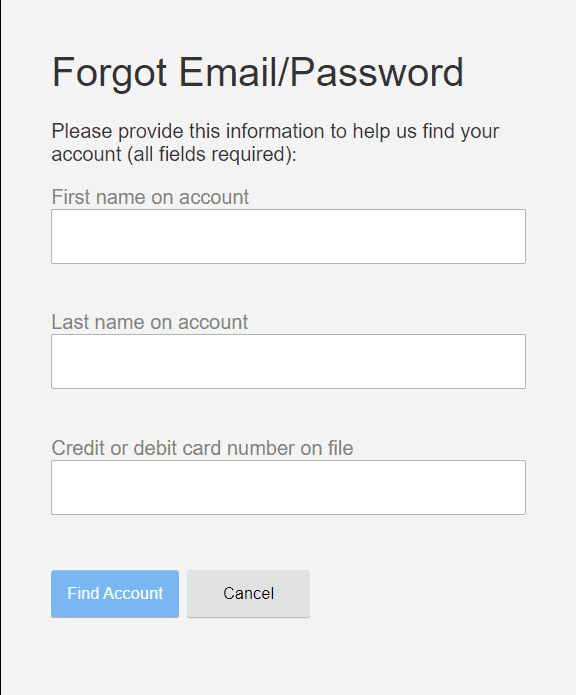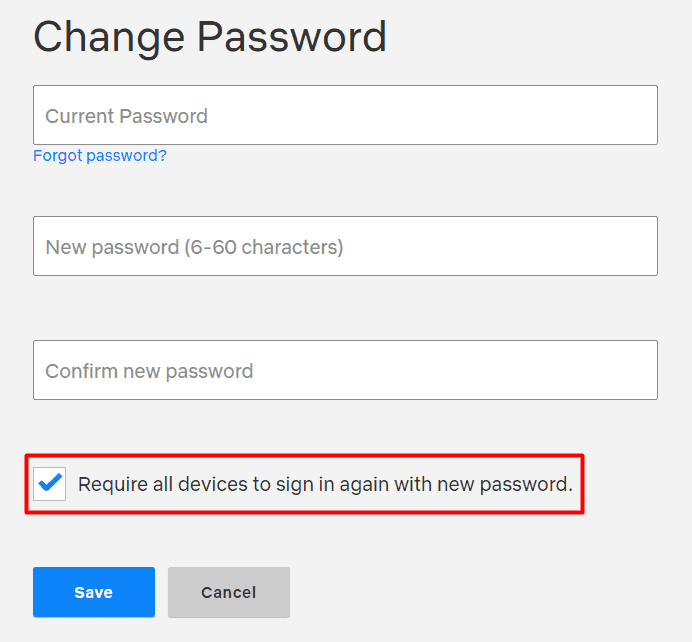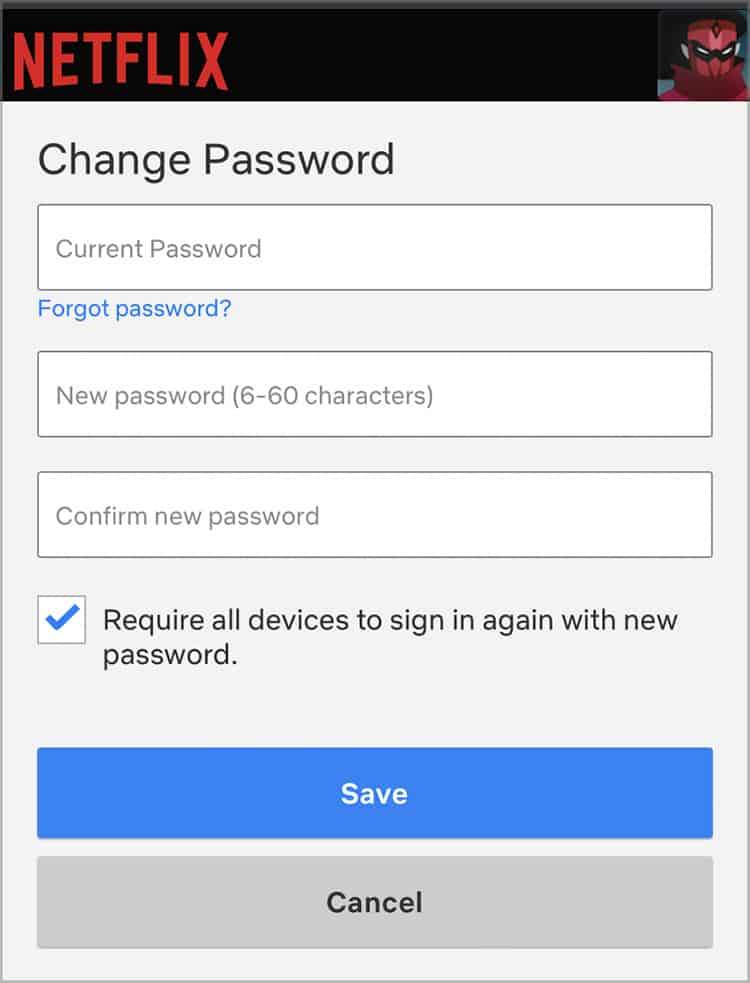There are hackers who would rather hack and use your Netflix account than pay for it. Here, we will guide you on how to get your account back if you’ve been hacked.
Have You Really Been Hacked?
If you’re skeptical if you’ve been hacked, there is a way that you can check to see to confirm it. However, if you are sure that you have been hacked, follow these simple steps to recover your account.
How To Get Your Account Back?
Recovering your account is of the utmost importance if your account has been hacked. If your password has been changed, follow these few simple steps to get your account back. You can start to use your account freely again as soon as your account is recovered.
Using Your Email Address
Using Phone Number
If you’ve entered your phone number on your Netflix account, you can use it to recover your account as well. If you’ve entered your email address and phone number, but still Netflix could not find your account, they might have been changed.
My Email And Phone Number Is Changed
Sometimes, someone might have hacked your account and changed your email and phone number to claim it as your own. Reclaiming your account without your email, phone number or password sounds like an impossible task, but there are some steps that you can take. You can likely find and recover your account using this method. But if the hackers have changed your billing information, you can try contacting the Netflix support team.
Contact Netflix Support
The Netflix support team is always there for you if you need help logging into your account. You can choose to either call or text them.
Security and Prevention
As the saying goes, prevention is better than cure. And it stays true, especially when it comes to taking a few extra steps to prevent these mishaps. Once you’ve recovered your account, you need to ensure that something like this won’t happen again. Hackers will usually pick easy targets, so if you secure your account, they will have a hard time hacking it. Follow these few easy steps to secure your account and prevent further hacking.
Only Give Access To Your Trusted Contacts
Make sure that you and your trusted contacts are the only ones who have access to the Netflix account. This is important to make sure that nobody else will be using your account. If you notice any suspicious activities on your account again, you can always sign out from all other devices and change your password.
Create A Strong Password
Netflix requires you to choose a password from 6 to 60 characters long, and depending on the strength of your password; your account can be easier or more challenging to crack. Using a strong password is highly recommended. Use a combination of uppercase, lowercase, special characters, and numbers to create a strong password for your account. Avoid using passwords like “123456” or “password” or your pets’ names, as they can be easily guessed or cracked. This is very vital to ensure that whoever hacked your account will not get access to it through the same password.
Changing Password Using A Computer
Changing Password Using A Mobile Phone Or A Tablet
Look Out For Phishing Scams.
We’ve all, at some point, received suspicious emails like “Congratulations! You’ve won a lottery!” or “Click here to receive your new iPhone.” This is called phishing, and it is a form of cybercrime. It is best not to even open these types of emails and delete them immediately. If you’ve entered your email or password on any links from these emails, it’s possible that the hackers may have gotten your account information from there. Under no circumstances should you give out your personal information to these emails.
Log Out From Public Devices.
With Netflix’s help, we’ve got easy access to thousands of incredible shows, movies, and documentaries, so it’s no surprise that people use it everywhere, including on public devices. If you’ve logged into a public device, like a hotel’s tv or computer, library computer, or any other public device, please be mindful and remember to log out from them. This is quite a tricky one because we usually use these streaming apps on our personal devices, so we do not usually log out from them.
